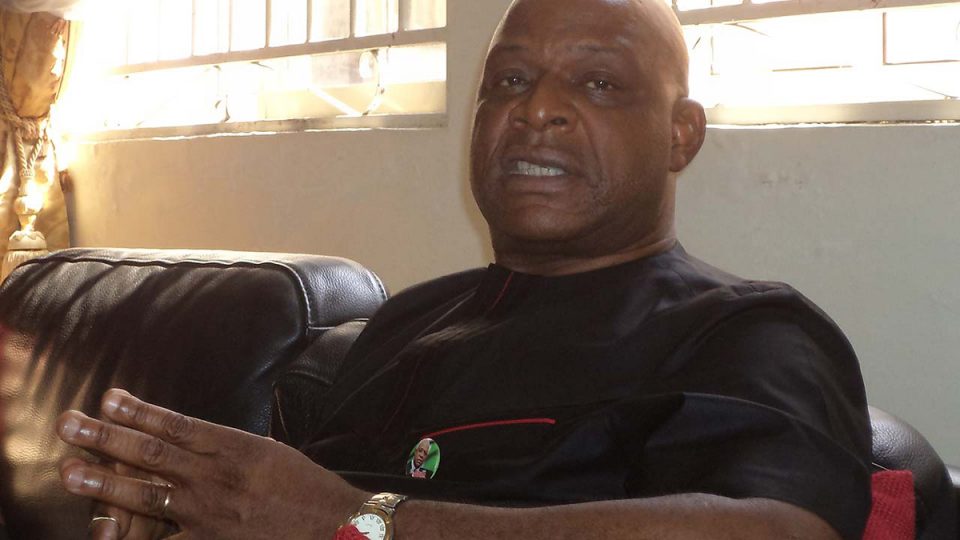Mr Temisan Omatseye, former President, African Shipowners Association (ASA), on Tuesday, said that COVID-19 pandemic had brought enormous challenges to the Nigerian shipping industry.
Omatseye, also a former Director-General of the Nigerian Maritime Administration and Safety Agency (NIMASA), made the observation on an Instagram Live programme organised by Mrs Ezinne Azunnah of the Maritime TvNews.
The programme had the theme: ”Redefining Shipping in Nigeria: Lessons from COVID-19 Pandemic”.
He noted that there were no crude oil tankers around the world because the world had been on lockdown.
He said that Nigeria could not shut down its wells since reopening of the wells could cost millions of dollars.
Omatseye said that COVID-19 affected the economy and national security, adding that inflow of dollars and other revenues had been affected.
Omatseye said that shipping required shipowners, long-term funding, enough vessels and manpower.
“Naturally, what should happen at this time is continuous production and storing of crude oil in vessels so that they can remain there until needed.
“If we had developed and owned at least 20 to 30 vessels in Nigeria, we would have continued to produce and use them as temporary storage pending when the world will get its acts together,” he said.
He described the Cabotage Act as strong and progressive but said it had issues with execution.
He called for a deliberate policy for the Act to function.
Omatseye called for the revival of the National Unity Line which.
“Due to the fact that cargo owners dictate, if we own the cargo, the crude, the gas, the law already provided that by virtue of Section 45 of NIMASA Act which allows one to create a national carrier, 50 per cent of the cargo can be carried.
“What this means is that the moment we have National Unity Line, we begin to give contracts to Nigerians to help them; so, it does not always mean to own an entity.
“The banks will be able to finance, as what they want to see is the cash flow; so, it allows Nigerians to buy vessels and bring them in but under the cover of the national fleet.
“There are vessels being thrown into the market now and its time that Nigeria steps into the gap now, it can be done, it is not rocket science,” he said.
Omatseye said that for the shipping industry to move forward, the trade terms should move from Free on Board to Cost Insurance and Freight so that the country would have the right of first refusal.
He called for government investment in the shipping industry, saying that the investment would go a long way to push the industry forward.




